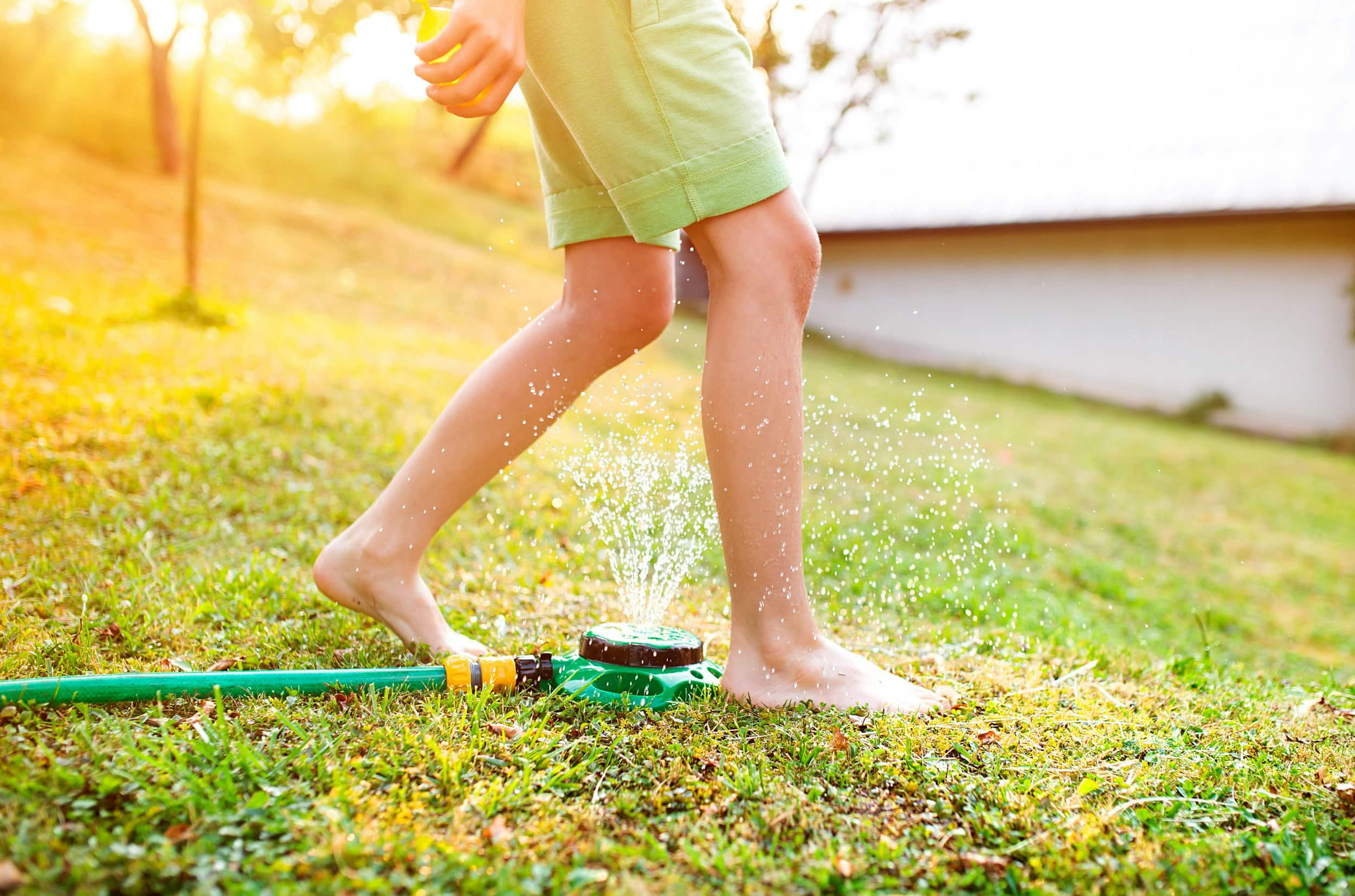Introduction
In an era where water conservation is becoming increasingly crucial, smart irrigation systems present a promising solution for both homeowners and businesses. These systems not only help in conserving water but also ensure that your garden or landscape receives the optimal amount of water it needs. By integrating technology with traditional irrigation methods, smart irrigation systems offer a sustainable way to manage water resources effectively. In this guide, we will explore how to save water with smart irrigation systems and delve into the benefits, features, and implementation strategies that make them an essential tool for modern water management.
Understanding Smart Irrigation Systems
Smart irrigation systems are advanced technologies designed to optimize water usage in landscapes. Unlike traditional systems that operate on a set schedule, smart irrigation systems adjust watering based on real-time data, such as weather conditions, soil moisture levels, and plant water needs. This adaptive approach ensures that water is used efficiently, reducing wastage and promoting healthier plant growth.
Key Features of Smart Irrigation Systems
- Weather-Based Controllers: These controllers use local weather data to adjust watering schedules, ensuring that your garden receives water only when necessary.
- Soil Moisture Sensors: By monitoring the moisture levels in the soil, these sensors help prevent overwatering and ensure that plants receive the right amount of water.
- Remote Access: Many smart irrigation systems can be controlled via smartphone apps, allowing users to adjust settings from anywhere.
- Flow Meters: These devices measure water usage and detect leaks, helping to conserve water and reduce costs.
Benefits of Using Smart Irrigation Systems
Implementing smart irrigation systems comes with numerous benefits, ranging from environmental conservation to financial savings. Here are some of the key advantages:
Water Conservation
Smart irrigation systems significantly reduce water wastage by ensuring that landscapes receive water only when needed. This targeted approach can save up to 50% more water compared to traditional systems, making it an ideal choice for water-scarce regions.
Cost Savings
By using water more efficiently, smart irrigation systems can lead to substantial cost savings on water bills. Additionally, detecting leaks and minimizing water wastage further contribute to reducing expenses.
Improved Plant Health
Overwatering or underwatering can stress plants, leading to poor growth and health. Smart irrigation systems provide precise watering, promoting healthier and more robust plant development.
Environmental Impact
Reducing water usage not only conserves a vital resource but also lessens the energy required to pump, treat, and transport water. This reduction in energy consumption contributes to a smaller carbon footprint.
How to Implement Smart Irrigation Systems
Transitioning to a smart irrigation system involves several steps, from planning to installation. Here is a step-by-step guide to help you get started:
Assess Your Landscape
Before choosing a system, evaluate your landscape’s specific needs. Consider factors such as plant types, soil conditions, and climate to determine the best setup for your garden.
Choose the Right System
Select a system that suits your landscape’s requirements. Look for features like weather-based controllers, soil moisture sensors, and remote access capabilities to ensure maximum efficiency.
Professional Installation vs. DIY
While some systems are user-friendly and can be installed by homeowners, others may require professional installation. Consider your technical skills and the complexity of the system when deciding.
Regular Maintenance
To ensure your system operates efficiently, perform regular maintenance checks. Clean sensors, check for leaks, and update software to keep the system running smoothly.
Overcoming Challenges with Smart Irrigation Systems
While smart irrigation systems offer numerous benefits, they also come with challenges that users may encounter.
Initial Costs
The upfront cost of smart irrigation systems can be higher than traditional systems. However, the long-term savings on water bills and the environmental benefits often outweigh the initial investment.
Technical Issues
Like any technology, smart irrigation systems can experience technical glitches. Regular maintenance and updates can help mitigate these issues.
Compatibility Concerns
Ensure that the system you choose is compatible with your existing irrigation setup. Some systems may require additional components or modifications to work effectively.
Future of Smart Irrigation Systems
The future of smart irrigation systems looks promising, with advancements in technology continuing to enhance their efficiency and capabilities. Integration with smart home systems and the Internet of Things (IoT) is expected to make these systems even more user-friendly and efficient.
As awareness of water conservation grows, the demand for smart irrigation systems is likely to increase. This trend will drive further innovation and development in the field, making these systems more accessible and affordable for a wider audience.
Embracing smart irrigation technology is a proactive step towards sustainable water management. By optimizing water usage, these systems not only help conserve a precious resource but also contribute to a healthier environment. Whether you’re a homeowner looking to reduce your water bill or a business aiming to enhance your sustainability practices, smart irrigation systems offer a viable solution. For more information on installing an automatic sprinkler system, explore our detailed guides.
